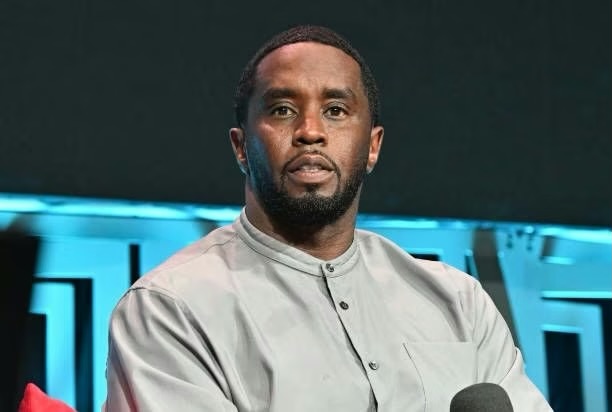In a high-profile federal trial that gripped the music and entertainment world, hip-hop mogul Sean “Diddy” Combs was found guilty of two counts of transportation for prostitution under the Mann Act, a federal law that criminalizes transporting individuals across state lines for the purpose of sex work. However, the jury acquitted him of the far more serious charges of sex trafficking and racketeering conspiracy, which had carried the possibility of life imprisonment.
The verdict came after several weeks of testimony, including emotional statements from alleged victims, former employees, and witnesses within Combs’ inner circle. The prosecution argued that Combs used his celebrity status, wealth, and influence to operate a coordinated network that facilitated sexual exploitation. Although the jury was not persuaded beyond a reasonable doubt that a trafficking ring existed, they were convinced that Diddy personally arranged for or transported women across state lines for paid sexual encounters — a violation of federal law.
Judge Arun Subramanian denied Combs’ bail request following the verdict, citing concerns over flight risk and potential for future harm. The judge emphasized a “pattern of coercion, manipulation, and control” exhibited in testimony, especially from Cassie Ventura, Combs’ former partner. Ventura, whose civil lawsuit against Diddy settled for $20 million last year, was not a party to the criminal case but her testimony was instrumental in convincing the jury on the prostitution-related charges.
Sentencing has been scheduled for October 3, 2025. While each count of transporting individuals for prostitution carries a maximum penalty of 10 years, legal analysts expect Combs to face a sentence of about 4 to 5 years, based on federal guidelines. His lawyers, however, are pushing for time served — noting that Combs has already been in custody for over two years. Prosecutors are likely to oppose this, arguing the conviction reflects a sustained abuse of power.
The verdict has sent shockwaves through the music industry, where Diddy was once celebrated as a pioneering entrepreneur and record producer. Multiple brands and business partners had already severed ties with him during the investigation, and civil lawsuits continue to mount. His legal team has not ruled out an appeal.
In a brief statement after the verdict, Cassie Ventura’s attorney said, “Today’s decision validates the courage of survivors who refuse to be silenced.” The broader implications of this case — for accountability in the entertainment world and the treatment of women within powerful circles — continue to unfold.
